November 30, 2016
November 2016 at Policy Integrity: Strengthening Regulatory Review, Environmental Policy Under the Trump Administration, Measuring Flood Risk, Social Cost of Carbon Comments to DOE, In the News: Standing Rock, Clean Power Plan
-
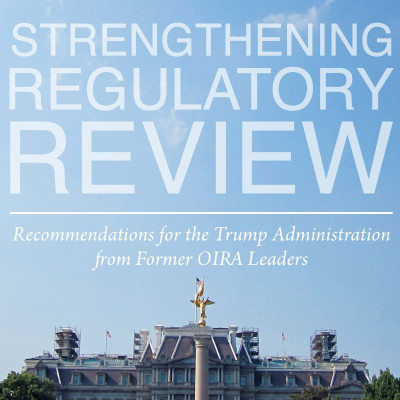
Strengthening Regulatory Review
For nearly half a century, Presidents from both political parties have sought to improve the quality of decisionmaking through central oversight of significant regulatory actions. Our new report contains recommendations on how the Trump administration can best strengthen regulatory review, reflecting the consensus of former Office of Information and Regulatory Affairs (OIRA) leaders from both political parties. We convened this bipartisan group to discuss potential reforms shortly before the election, and shared the recommendations with both presidential campaigns. Carried out by OIRA, centralized review of regulations can enhance interagency coordination and promote careful consideration of the qualitative and quantitative costs and benefits of regulatory choices, consistent with agencies’ statutory mandates and with presidential priorities.
-
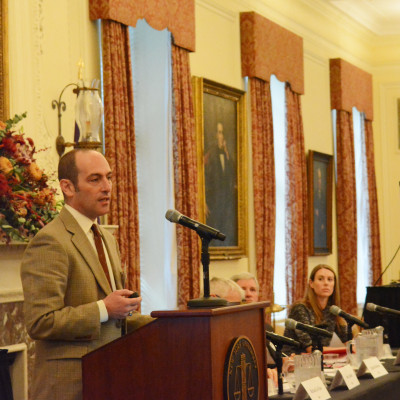
Environmental Policy Under the Trump Administration
Our recent conference covered potential shifts in natural resources policy, energy sector regulation, and climate change policy under the Trump administration. Journalists attending the conference quoted several panelists in recent articles on energy market trends and the legal difficulties of repealing regulations. If you missed the conference, you can watch video of these discussions with current and former government officials, energy industry executives, environmental advocates, and policy experts.
-
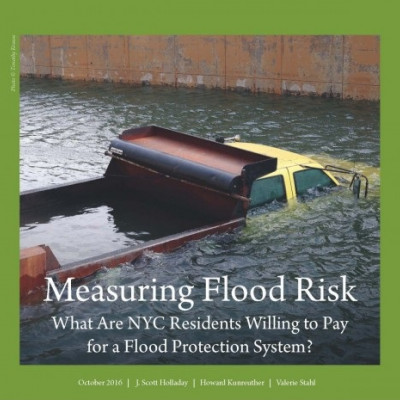
Measuring Flood Risk
We recently released a policy brief on what New York City residents would be willing to pay for flood and storm protection in the aftermath of Hurricane Sandy. Our survey research shows that homeowners living in higher flood-risk zones were willing to pay more on a monthly basis for a flood control system, such as a seawall, than those living in lower-risk zones. However, the amounts that residents claimed to be willing to pay would not be sufficient to fund commonly proposed flood infrastructure. Past research estimated that a homeowner’s willingness to pay for flood insurance largely depends upon their risk level. However, no studies to-date had analyzed this for forms of flood protection that prevent home damage.
-
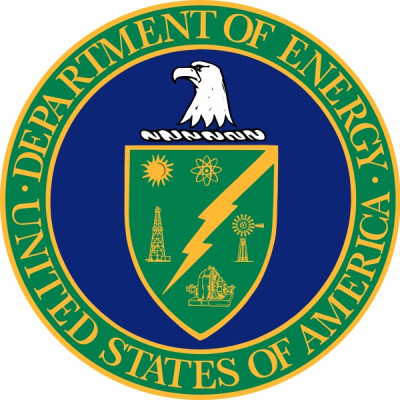
Social Cost of Carbon: Comments to the Department of Energy
In a proposed set of energy efficiency standards for refrigeration systems and residential furnaces, the Department of Energy (DOE) used the Social Cost of Carbon (SCC) to value the climate benefits of more efficient technologies. DOE did not, however, incorporate this benefit for other greenhouse gases such as methane. We recently submitted joint comments with the Environmental Defense Fund, Natural Resources Defense Council, and Union of Concerned Scientists to reaffirm the use of the SCC. We also encourage the agency to monetize the benefits of other greenhouse gas reductions, such as through the existing Social Cost of Methane methodology; and to continue to update these estimates to reflect the latest science and economics on the costs of climate change damages.
-
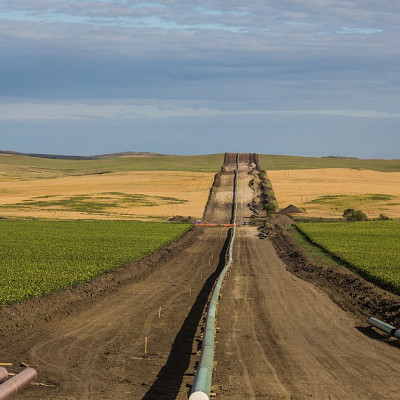
In the News: Standing Rock, Clean Power Plan
Policy Integrity scholars have helped provide context on key environmental law and economics topics that are currently making news. Director Richard Revesz recently described how cost-benefit analysis can help expose underregulation in a Slate article on the Standing Rock controversy. “By using economics to show just how wasteful under-regulation can be, cost-benefit environmentalism can be the key to creating the political coalition necessary to make America richer by regulating more wisely,” Revesz said. Several reporters also interviewed Senior Attorney Jack Lienke on the Clean Power Plan’s future if the federal government drops its role in the litigation. Lienke has noted that the states, municipalities, and environmental and public health organizations intervening to support the rule still have standing to defend it from legal challenges.
